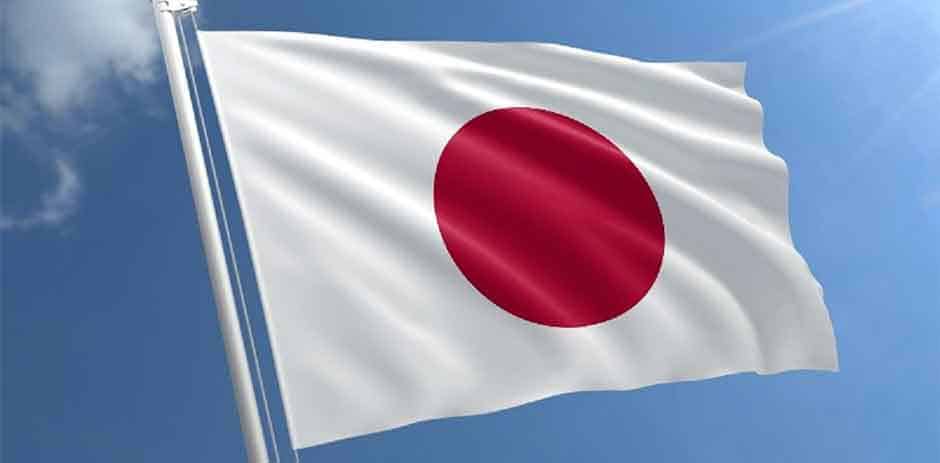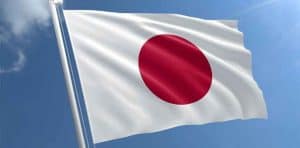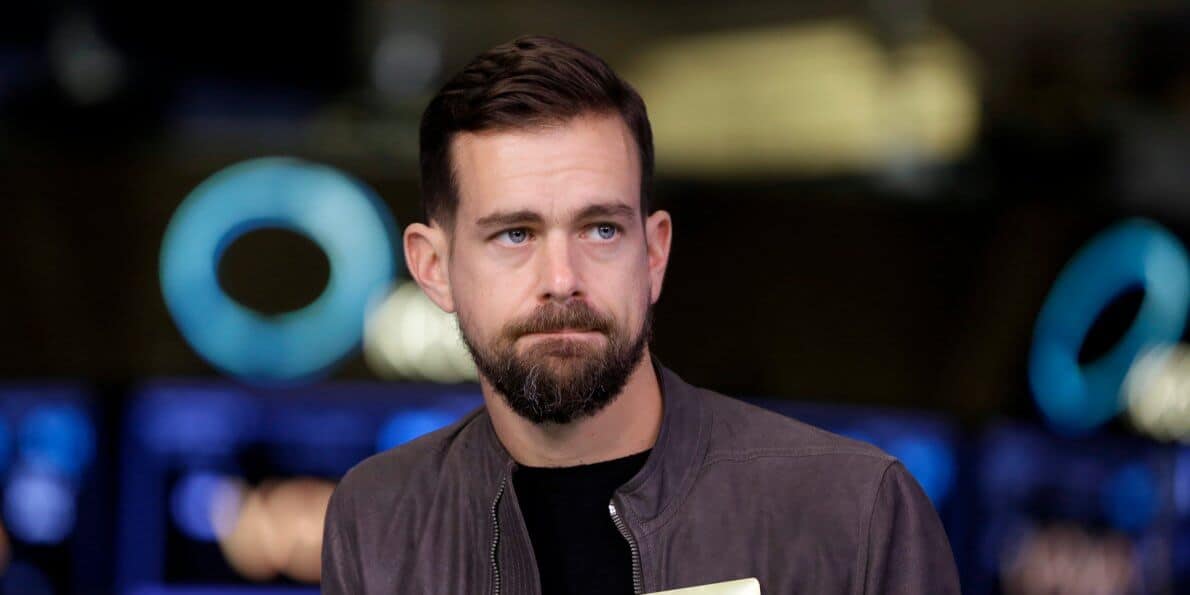Join Our Telegram channel to stay up to date on breaking news coverage
The Japan Virtual and Crypto Assets Exchange Association (JVCEA) has said it will relax the screening process for new token listings. The regulator is tasked with regulating new crypto listings on local cryptocurrency exchanges.
A report from Bloomberg noted that cryptocurrency exchanges in Japan would no longer have to endure the months-long process of screening new listings for small and medium tokens.
Japan regulator to revise token screening process
A report by Bloomberg cited people with close knowledge of the matter who said that the JVCEA would change its current stance on token listings. Instead, the regulatory body would monitor the industry and police the assets as soon as they are listed.
Exchanges with tokens with underlying issues could be required to delist them if problems arise. While cryptocurrency exchanges will no longer have to undergo the screening process, the JVCEA will require these platforms to submit new listing plans to the regulator.
Your capital is at risk.
The new measures implemented by the JVCEA will not apply to initial coin offerings (ICOs). The final decision will be made towards the end of the year. The new changes align with Prime Minister Fumio Kishida’s plans to ease crypto regulations. Kishida had previously criticized the screening process, saying that it prevented crypto businesses in the country from thriving.
At the beginning of the year, the JVCEA introduced a new policy that supported member exchanges that wanted to allow a selection of “green-listed cryptocurrencies without the screening process. The screening process lasted for several months, and crypto firms in the country believed it hindered their growth.
Exchanges based in Japan have listed very few coins because of this requirement. GMO Coin Inc, one of the leading exchanges in the country, has listed only 21 cryptocurrencies, and smaller exchanges have even fewer coins, making it hard for them to compete with global exchanges like Binance and Coinbase, which have over 100 coins in their offerings.
Japan turns attention to stablecoin regulations
The collapse of the Terra USD (UST) stablecoin heightened regulatory scrutiny into stablecoins. The Parliament of Japan passed a law that will increase regulatory scrutiny on stablecoins, and these assets must be pegged to a legal tender for them to be categorized as such.
Japan authorities believe this is the best way to protect investors from losses such as those suffered by UST holders after the algorithmic stablecoin collapsed in early May.
Read more:
Join Our Telegram channel to stay up to date on breaking news coverage


